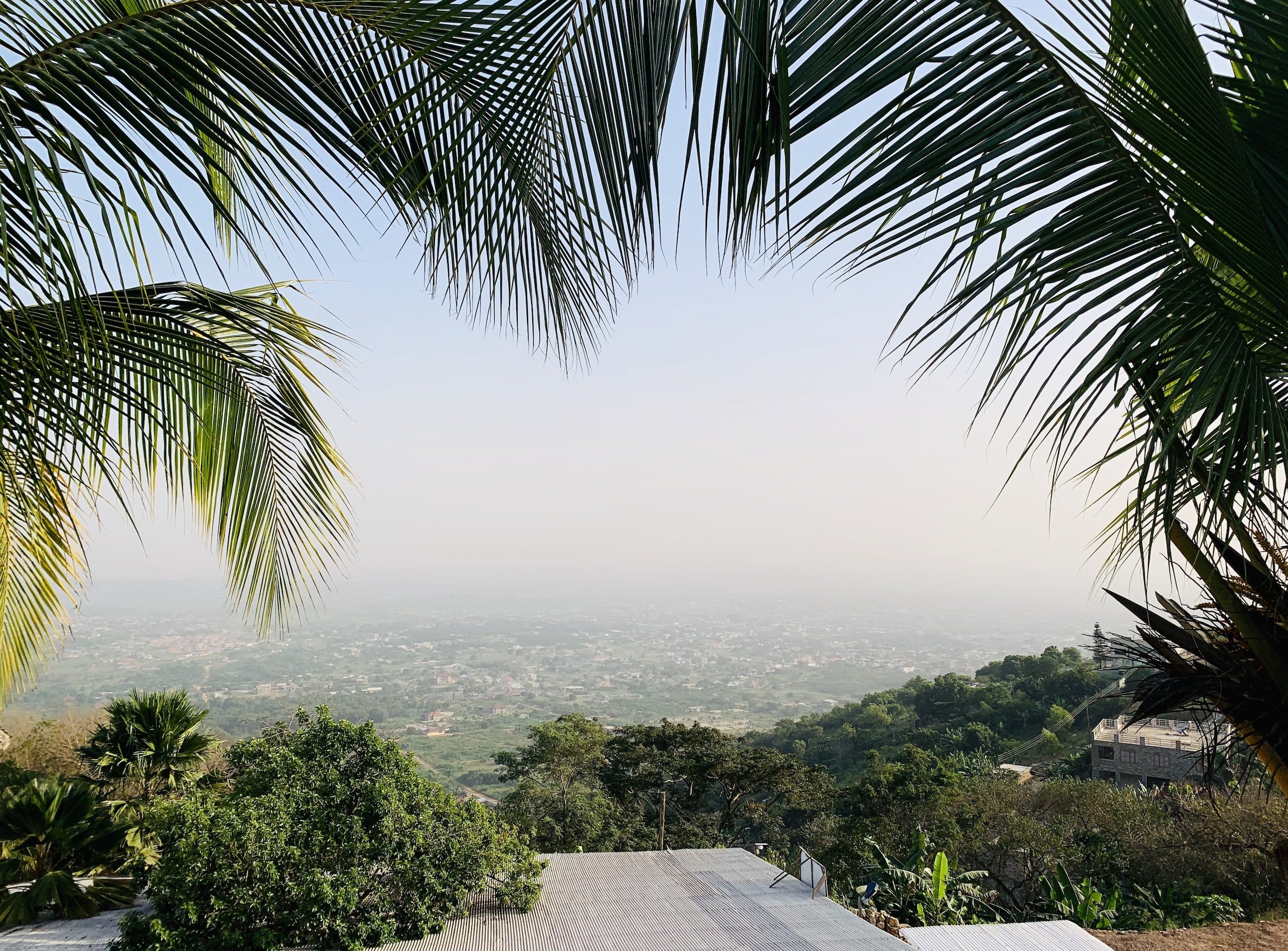“Home is always home. Until I am home there will always be a part of me that is yearning to go home.”
Story #37, Falon, Ghanaian Immigrant
Interview conducted & story written by Natalie Cisneros
Edited by Margherita Marras
Born and raised in Ghana, Falon’s move to the United States during her high school years marked the start of a long journey of transformation, growth, and learning.
She looks back on these high school years with respect and acceptance for her younger self, who was adjusting to a new country while navigating common adolescent challenges.
She remembers, “When I moved here in high school, something as simple as my accent threw people off so I had to rapidly change my accent to fit in. I had a lot of culture shock.”
Falon shares the following advice for her younger self: “Everyone’s trying to figure it out.” She recalls, “I was under the impression that everyone had it figured out. And by ‘it’ I mean this in the context of just surviving in the US. You’re not completely out of place. Maybe you feel like that because you’re in a new environment, but you’re not the only one.”
She calls her experience a “transition” and then says, “There are going to be things you’re still learning. I was learning, and I’m still learning.”
Despite the discomfort of her high school years, when asked if she would choose to migrate again, she took a second to think and then said, “What I know, is what I know now. It’s tough to answer. But… well, it’s how we got here. I’m content with the life I have now, but I wouldn’t be if the whole process wouldn’t have happened.”
Nonetheless, she emphasizes that Ghana will always be her home: “Home is always home. As people we are always looking to connect to something deeper. Until I am home there will always be a part of me that is yearning to go home.”
In college, Falon began working for the Intergenerational Literacy Program (ILP), a program based in Chelsea, MA. The ILP offers instruction and support for adults, families, and children, English for Speakers of Other Languages (ESOL) classes, and more.
At the ILP, there is a widespread saying that “no one ever really leaves the ILP” and Falon remarked that she “keep[s] coming back” because the ILP has given her “not just joy, but a sense of purpose.” Today, she is the director of the ILP, where she feels she is in “the business of empowering immigrants, refugees, and new Americans” both “like [her]self and even unlike [her]self.”
When asked what she wishes people knew about migrants, Falon says, “I have no right to tell you what other people should know about immigrants because I don’t know their path or their stories. I think what people should know is that everyone’s got a different story. Putting [immigrants] in the category is the problem. Once we put a group of people in a category, then we start feeling we need to have a specific idea about them… It’s like asking what should people know about Americans? They are Americans, but that's only where you begin the story.”
Being a migrant is part of Falon’s story, but it is not the only part of her story. She is someone who loves to travel, someone who keeps a tapestry of a beach in her office to keep her warm during Boston winter, and someone who finds her greatest joy in family.

